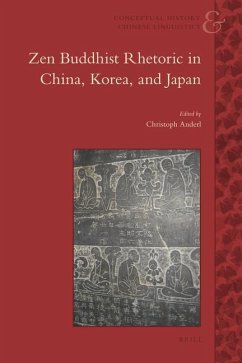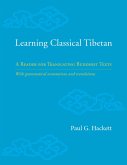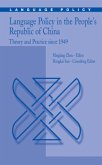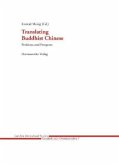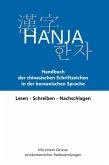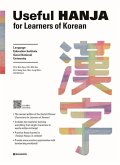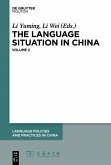One of the key factors for the success of the Chán/S n/Zen schools in East Asia was the creativity of their adherents concerning the development of innovative literary genres and the skillful application of linguistic and rhetorical devices in their textual products. From the very beginning, Zen Buddhists used literature in order to attract the attention and support of influential lay Buddhists, such as literati, officials, and members of the aristocracy. Consequently, Zen Buddhist texts had a deep and lasting impact on the development of East Asian languages, literary genres, and rhetorical devices, and more generally, on East Asian culture.
In this volume, leading specialists in East Asian Buddhism and linguistics analyze the interplay of language and doctrine/ideology in Chinese Chán, Korean S n, and Japanese Zen, as well as tracing developments triggered by changes in the respective sociopolitical and socio-religious contexts.
As a special focus, Zen rhetoric will be related to pre-Chán Buddhist literary developments in India and China, in order to trace continuities and changes in the application of rhetorical strategies in the overall framework of Buddhist literary production.
Through this diachronic and comparative approach, the great complexity and the multifaceted features of Chán/S n/Zen literature is revealed.
Hinweis: Dieser Artikel kann nur an eine deutsche Lieferadresse ausgeliefert werden.
In this volume, leading specialists in East Asian Buddhism and linguistics analyze the interplay of language and doctrine/ideology in Chinese Chán, Korean S n, and Japanese Zen, as well as tracing developments triggered by changes in the respective sociopolitical and socio-religious contexts.
As a special focus, Zen rhetoric will be related to pre-Chán Buddhist literary developments in India and China, in order to trace continuities and changes in the application of rhetorical strategies in the overall framework of Buddhist literary production.
Through this diachronic and comparative approach, the great complexity and the multifaceted features of Chán/S n/Zen literature is revealed.
Hinweis: Dieser Artikel kann nur an eine deutsche Lieferadresse ausgeliefert werden.
'This book of collected essays is definitely a welcome volume for scholars of Chan studies.(...) Through this diachronic and comparative approach, the work aims to illustrate the great complexity and the multifaceted features of Chan literature in the respective socio-political and socio-religious contexts.(...) the rhetorical approach applied in this volume and the undeniable merits it brings to the field of Chan/Son/Zen should be regarded highly.'
Lin Pei-ying, The Eastern Buddhist , 43 (1&2: 2012)
'...a welcome edition to Zen Studies.'
Jimmy Yu, Religious Studies Review , September 2014.
Lin Pei-ying, The Eastern Buddhist , 43 (1&2: 2012)
'...a welcome edition to Zen Studies.'
Jimmy Yu, Religious Studies Review , September 2014.

